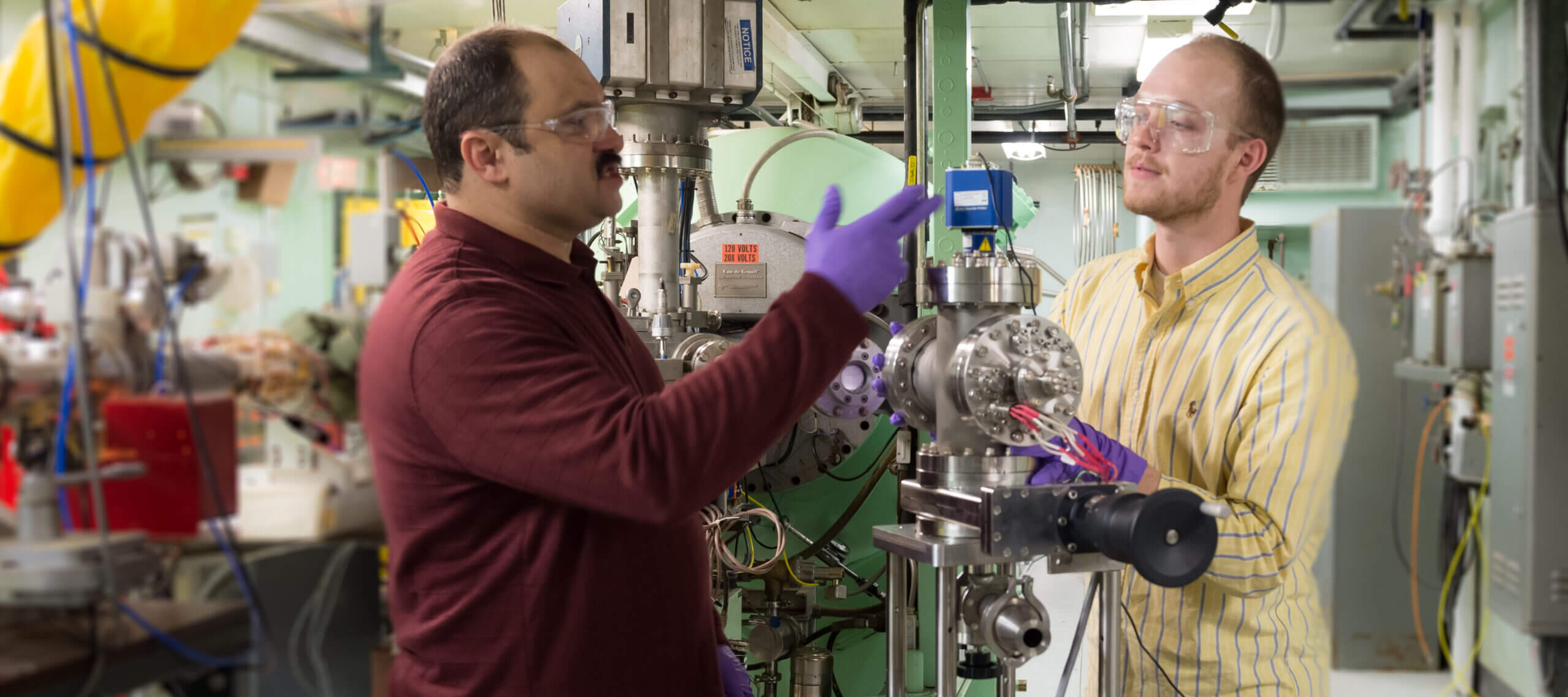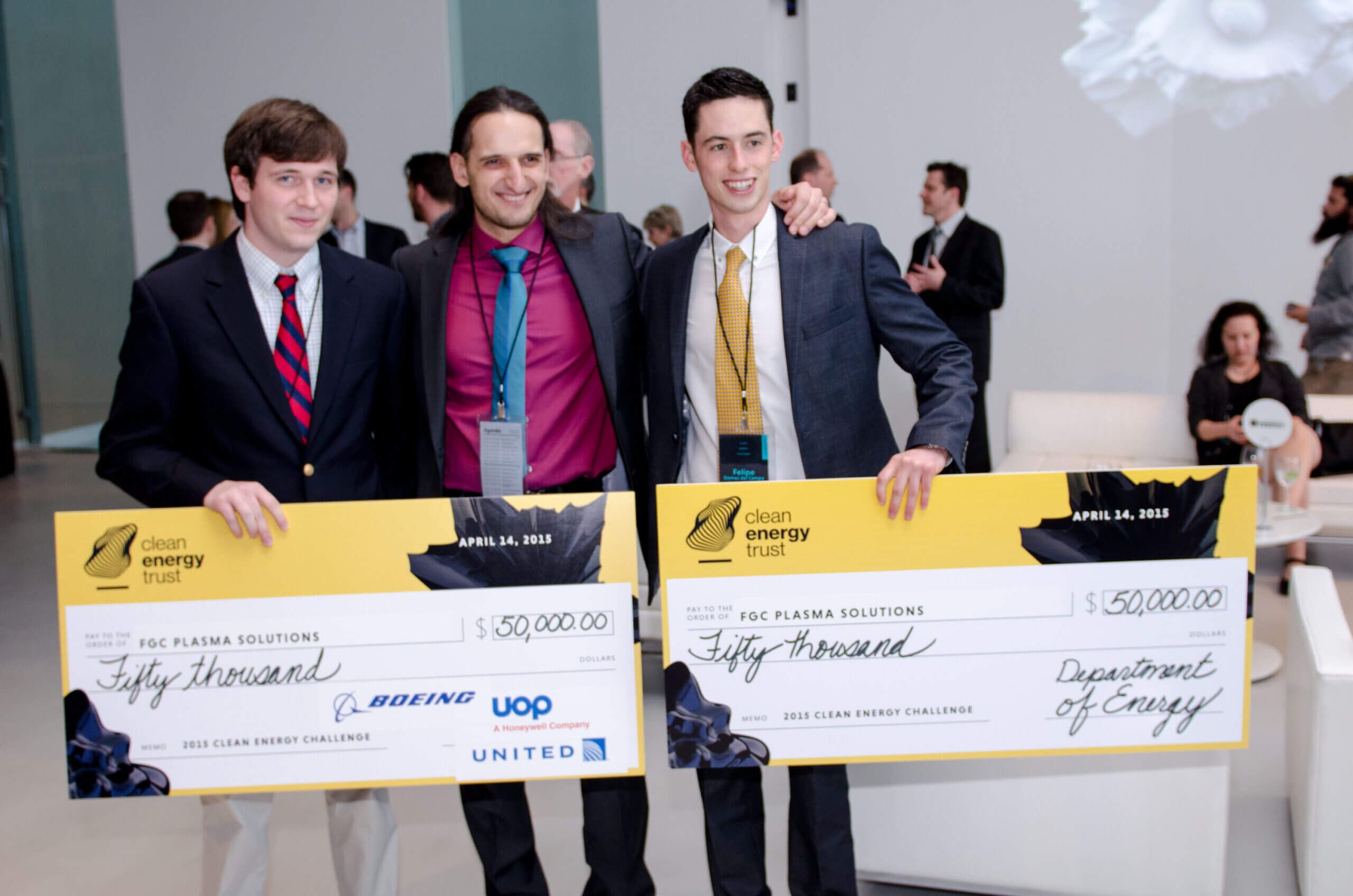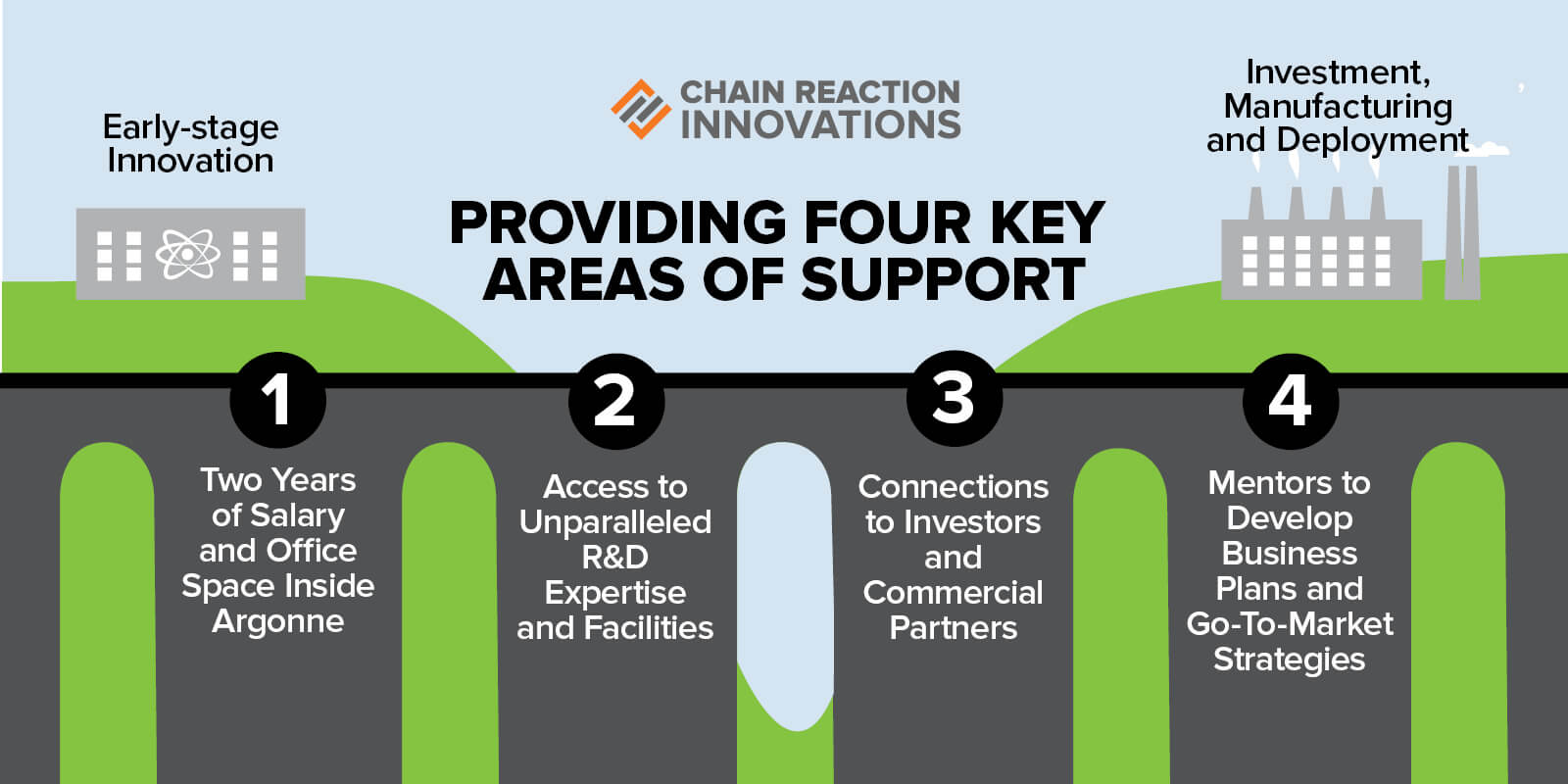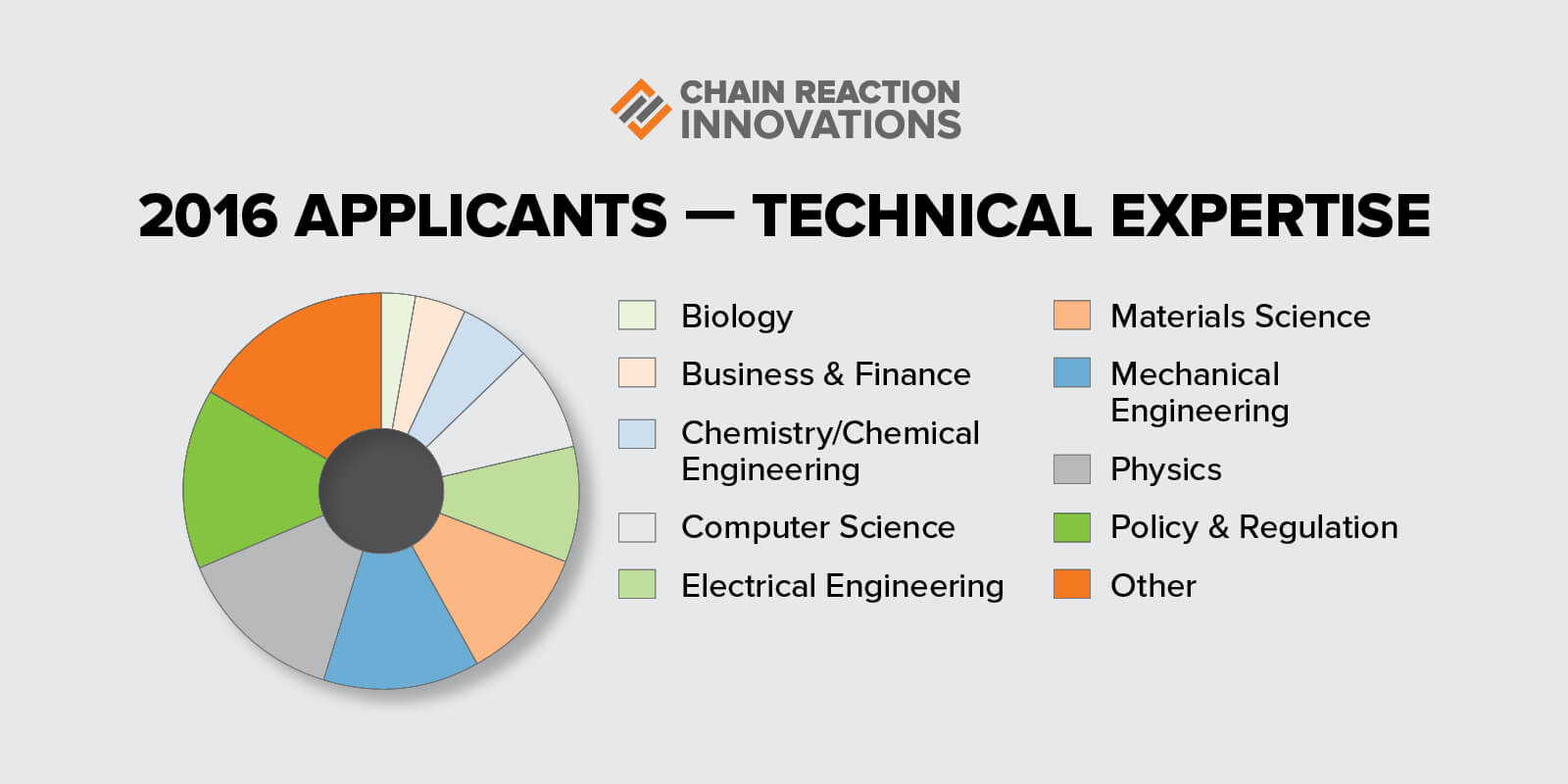Ian Hamilton had an idea for a nuclear battery the size of a small coffee can that will operate continuously for two years and be lightweight enough for soldiers to carry on months or years-long missions. He grew the idea into a startup company, Atlas Energy Systems, and attracted early funding while a student at Purdue University. But graduation threatened to pull the plug on his dreams of entrepreneurship. “I turn spent nuclear fuel into energy via radioisotope plasma generation to power the battery,” he said. “I couldn’t just go build a nuclear accelerator in my garage.” There are only a few places in the world with that type of equipment and gaining access to them can be time-consuming and costly. Until the U.S. Department of Energy launched a hybrid incubator/accelerator at Argonne National Laboratory last year. The program, Chain Reaction Innovations (CRI), gives cleantech entrepreneurs such as Ian unprecedented access to the multi-million dollar R&D tools of a national laboratory, the guidance of expert laboratory scientists and engineers, up to $210,000 over two years for salary and travel expenses, and $100,000 to spend in the lab for research. Innovators also receive business mentoring from staff at Purdue Foundry at Purdue University, the Polsky Center at the University of Chicago, and CRI.

Argonne National Laboratory scientist Sergey Chemerisov works with Ian Hamilton, CEO of Atlas Energy Systems and a member of Chain Reaction Innovations, to set up a system to generate ionized gas from the Van de Graff at Argonne to convert to energy through a patented novel technology for use in portable battery systems. Photo Courtesy of Argonne National Laboratory.

FGC Plasma wins Department of Energy $50k prize & $50k Advanced Aviation Prize from United Airlines, Boeing, & UOP Honeywell at the 2015 Evergreen Climate Innovations Challenge
 To qualify for CRI, innovators need to be US citizens or permanent residents, have not raised more than $1 million in private funding, and are first time founders. The technology should have a positive societal impact in the areas of advanced manufacturing, US competitiveness or energy efficiency or sustainability.
CRI’s second cohort will be accepted later this year. To get notified when the application process opens, innovators should fill out a pre-application form.
To qualify for CRI, innovators need to be US citizens or permanent residents, have not raised more than $1 million in private funding, and are first time founders. The technology should have a positive societal impact in the areas of advanced manufacturing, US competitiveness or energy efficiency or sustainability.
CRI’s second cohort will be accepted later this year. To get notified when the application process opens, innovators should fill out a pre-application form.
